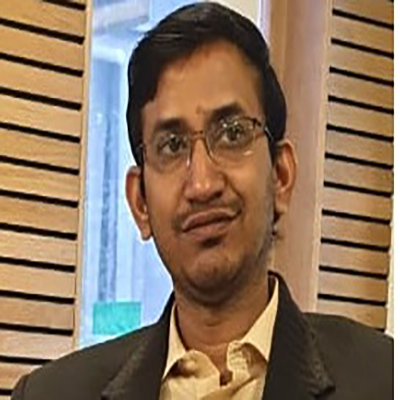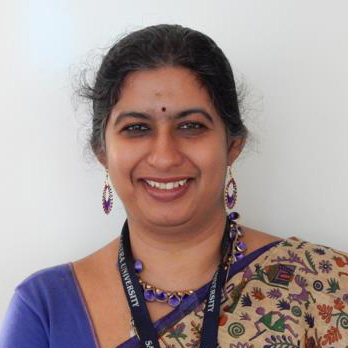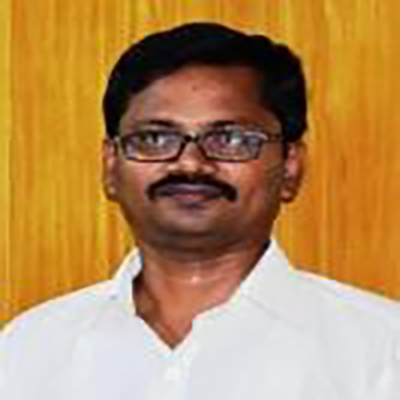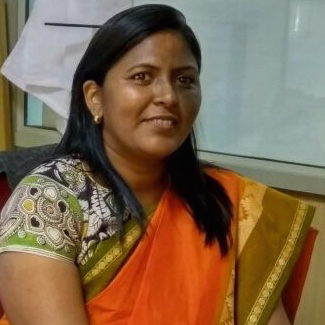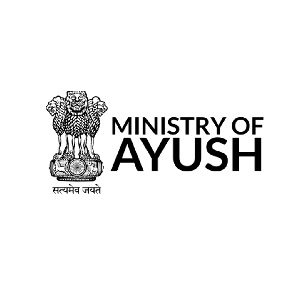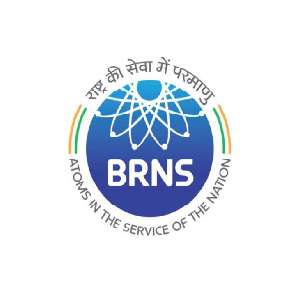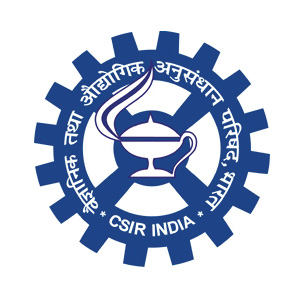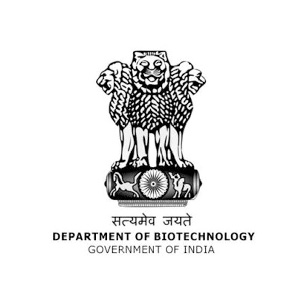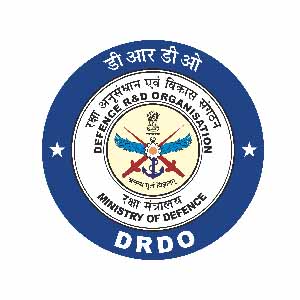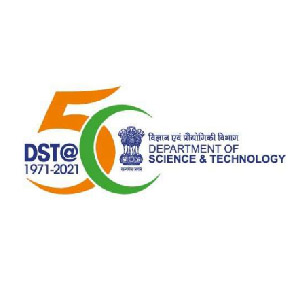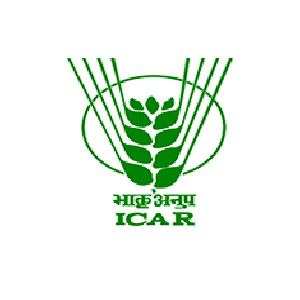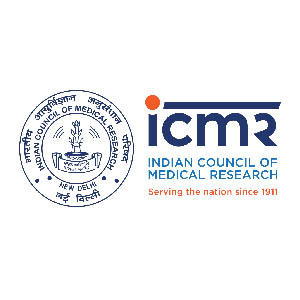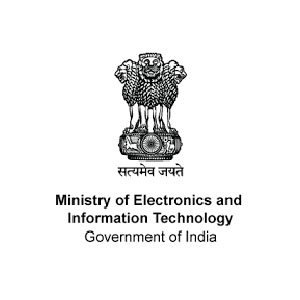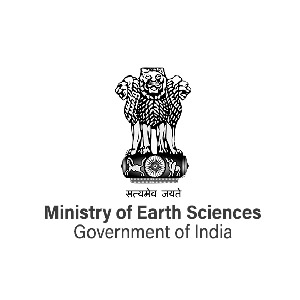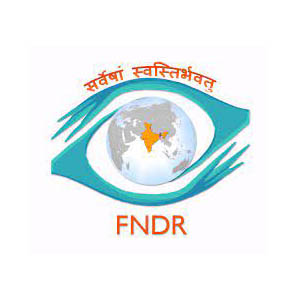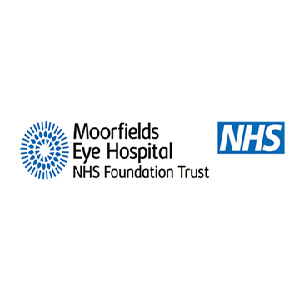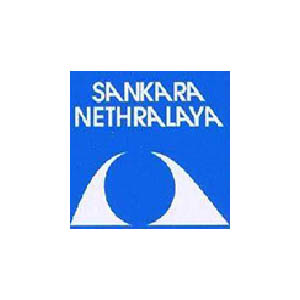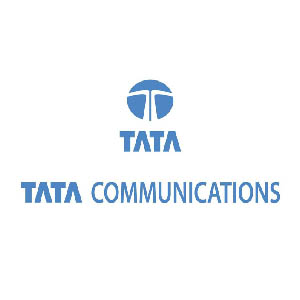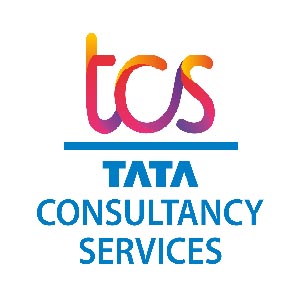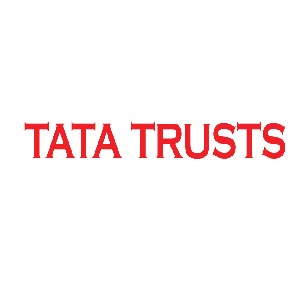The School of Chemical & Biotechnology (SCBT) was established in 1994. Over the years it has grown to be one of the best Biotechnology Schools in the country. The school integrates intellectual and infrastructural strengths to nurture scientific temper and skills to excel in the domains encompassing life sciences and engineering.
The School of Chemical & Biotechnology comprises four divisions namely Bioengineering, Bioinformatics, Biotechnology & Chemical engineering through which it offers various undergraduate, postgraduate, integrated postgraduate and research programmes. The Vision and Mission of the programmers are aligned with the Vision and Mission of the Institution. The curricula are contemporary and relevant to the programme, with the programme outcomes inline with the graduate attributes and the specific requirements of the chosen discipline.
The School aims to educate, train and develop cutting-edge bio-specialists capable of discovery, design and delivery of solutions to improve the quality of human life and environment. The School also aims to develop competent Chemical Engineers, Bioengineers and Biotechnologists with their skills adequately honed to succeed in the Chemical, Healthcare, Process, Pharma, Life Sciences Industry.
M.Tech. Bioinformatics
Program Educational Objectives (PEO)
The M.Tech. Bioinformatics program at SASTRA envisions creating manpower of graduates with expertise who can sufficiently address the key challenges in handling, storing, analyzing, and interpreting biological data through the integration of various disciplines such as mathematics, statistics, information technology, and biology.
Upon successful completion of the program the graduates will:
- Be able to apply fundamental concepts and principles of science and engineering.
- Be able to grasp the broad knowledgebase among the various disciplines of information technology, mathematics, statistics, and biology and in-depth knowledge of at least one area of biology and understanding of biological data generation technologies.
- Be equipped with advanced ability to amalgamate biology, information technology and mathematics towards problem solving.
- Be inculcating a sense of scientific curiosity and self-learning abilities to make them life-long learners.
- Be individuals who possess the ability to effectively communicate to varied audiences possessing varying degrees of scientific knowledge.
- Have developed sufficient interpersonal skills to work as a team in a multidisciplinary front to accomplish a common goal.
- Be equipped with good time and project management capabilities.
- Create ethical professionals with social responsibility and legal awareness.
Program Specific Outcomes (PSO):
Upon completion of the program, the graduates will be able to,
- Apply the broad knowledgebase in information technology, mathematics, statistics, biology, and computational tools for biological data generation and solving problems of significant academic/ industrial interest.
- Curate and manage biological data repositories, create new web applications and new tools/algorithms utilizing multimodal data from omics technologies and advancing biomedical data science.
- Design, simulate and interpret models of complex biological systems and analyze the dynamics furthering basic and applied research.
- Work in a multidisciplinary team with excellent communication and interpersonal skills to accomplish a common goal while upholding professional ethics, economics, sustainability and society.
M. Tech. in Bioinformatics
(Students admitted from 2018–19)
Scheme of Study
I Semester (22 Credits)
| Course Code | Course Name | No of Contact Hours / Week | Credits | ||
| L | T | P | |||
| BIN501 | Computational Methods in Bioinformatics | 3 | 1 | 0 | 4 |
| BIN502 | Applied Statistics for Bioinformatics | 3 | 0 | 2 | 4 |
| BIN503 | Advances in Structural Bioinformatics | 3 | 1 | 0 | 4 |
| BIN504 | Data Mining and Machine Learning for Bioinformatics | 2 | 2 | 0 | 4 |
| BIT524 /CSE549 | Cell and Molecular Biology /Database Management Systems | 4/3 | 0 | 0/2 | 4 |
| BIN505 | Sequence and Structure analysis Laboratory | 0 | 0 | 2 | 1 |
| TNP101 | Soft Skills I | 0 | 0 | 2 | 1 |
| TOTAL | 15/14 | 4 | 6/8 | 22 | |
II Semester (24 Credits)
| Course Code | Course Name | No of Contact Hours / Week | Credits | ||
| L | T | P | |||
| BIN506 | Next Generation Sequencing and data analysis | 4 | 0 | 0 | 4 |
| BIN507 | Java for Bioinformatics | 4 | 0 | 0 | 4 |
| BIN513/BIN514 | Biomolecular Crystallography /Molecular Biophysics | 3 | 0 | 2 | 4 |
| INT529/BIN515 | Linux and PERL programming /Genomics and Proteomics | 3 | 1 | 0 | 4 |
| MAN106 | Research Methodology & IPR | 2 | 0 | 0 | 2 |
| OEXXX | Open Elective I | 3 | 0 | 0 | 3 |
| BIN508 | Java for Bioinformatics Laboratory | 0 | 0 | 2 | 1 |
| BIN601 | Seminar | 0 | 0 | 2 | 1 |
| TNP102 | Soft Skills II | 0 | 0 | 2 | 1 |
| TOTAL | 19 | 1 | 8 | 24 | |
Summer (3 Credits)
| Course Code | Course Name | No of Contact Hours / Week | Credits | ||
| L | T | P | |||
| BIN602 | Summer Project | 0 | 0 | 6 | 3 |
| TOTAL | 0 | 0 | 6 | 3 | |
III Semester (26 Credits)
| Course Code | Course Name | No of Contact Hours / Week | Credits | ||
| L | T | P | |||
| BIN509 | Molecular Modelling and Drug Design | 3 | 1 | 0 | 4 |
| BIN511 | Data Analytics for Gene expression | 4 | 0 | 0 | 4 |
| BIN516 /BIT605 | Systems Biology and Modelling /Metabolic engineering | 3 | 1 | 0 | 4 |
| INT529/BIN517 | Big data Analytics in Genomics /Python for Biologists | 3 | 1 | 0 | 4 |
| OEXXX | Open Elective II | 3 | 0 | 0 | 3 |
| MAN107 | Digital Pedagogy and Collaborative Learning | 2 | 0 | 0 | 2 |
| BIN510 | Molecular Modelling and Drug Design Laboratory | 0 | 0 | 2 | 1 |
| BIN512 | Gene Expression and Next Generation Sequencing Data Analysis Laboratory | 0 | 0 | 2 | 1 |
| BIN603 | Project (Phase I) | 0 | 0 | 6 | 3 |
| TOTAL | 18 | 3 | 10 | 26 | |
IV Semester (15 Credits)
| Course Code | Course Name | No of Contact Hours / Week | Credits | ||
| L | T | P | |||
| BIN604 | Project and Viva Voce | 0 | 0 | 30 | 15 |
| TOTAL | 0 | 0 | 30 | 15 | |
| Course Work Subject Area | Credits | Percentage |
| Humanities and Social Sciences | 02 | 2 |
| Basic Sciences (MPC) | 00 | 0 |
| Engineering Sciences | 00 | 0 |
| Professional Subjects Core | 36 | 40 |
| Professional Subjects Electives | 20 | 22 |
| Open Subjects Electives from other technical and / or emerging areas | 6 | 7 |
| Project(Seminar, Summer project, Project (Phase I), Project and Viva Voce) | 1+3+3+15=22 | 25 |
| Mandatory Courses (Research Methodology & IPR;Digital Pedagogy & Collaborative Learning) | 4 | 4 |
| TOTAL | 90 | 100 |

 chem.sastra.edu
chem.sastra.edu


